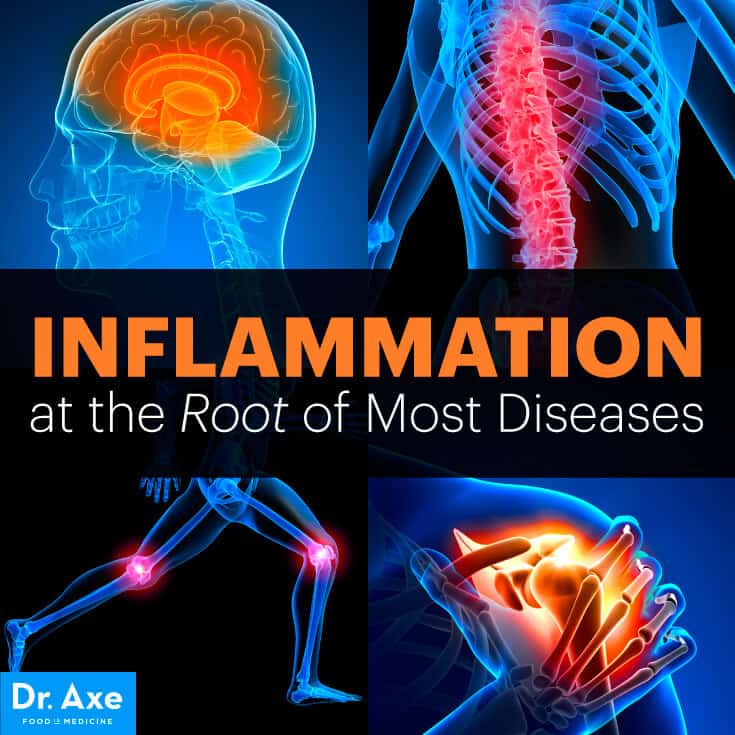
Could a Germ Link Gum Disease, Rheumatoid Arthritis?
Rheumatoid arthritis is a chronic form of arthritis linked to an overactive immune system. It can affect a variety of body systems, not just the joints. The disease affects roughly 1.5 million U.S. adults, according to the U.S. Centers for Disease Control and Prevention.
For more than a century, scientists have noticed that people with this inflammatory disease are more likely than others to suffer from gum disease, Andrade noted.
Researchers began to suspect a common factor was triggering both diseases.
In recent years, investigators have found signs that rheumatoid arthritis patients with fewer teeth -- possibly as a result of gum disease -- have more severe cases. Researchers have also reported that people with gum disease are twice as likely to have rheumatoid arthritis, the study authors said.
But the explanation for the connection wasn't clear.
For the new study, Andrade's team examined almost 200 samples from the gums of people with rheumatoid arthritis. The researchers looked for evidence of a type of bacteria, called A. actinomycetemcomitans, that's linked to gum disease.
Signs of infection were detected in almost half of the rheumatoid arthritis patients compared to just 11 percent of another group of people without gum disease or rheumatoid arthritis.
This finding raises the possibility that the germ could cause both gum disease and rheumatoid arthritis, the study authors suggested.
According to Andrade, the bacterium may afflict the gums and then cause swelling in the joints as a kind of side effect.
Researchers have also wondered about the reverse -- whether gum disease could be a side effect of rheumatoid arthritis. A study published in Current Oral Health Reports raised the question of whether the gums might be, in effect, another affected "joint." Read full article here . . .
Of course, many of these studies already know that gum disease can be tied with other illnesses. The main question now is which came first: the chicken or the egg? Does gum disease cause these diseases, or do other illnesses make people prone to gum disease?
Some studies have already made claims that the gum disease comes first and is the main contributor to the development of other diseases. For instance, the Dental Tribune says that many researchers believe that treating periodontal disease can slow the progression of Alzheimer's.
Again, according to drbicuspid.com, the correlation is obviously present for many diseases--like heart disease--but scientists are still trying to figure out just how they affect one another. But chronic inflammation seems to be the main problem:
Is gum disease a key risk factor for heart disease?
December 13, 2016 -- Research has demonstrated a connection between periodontal disease and coronary heart disease (CHD), but the nature of the relationship remains to be determined. To help under this association, researchers have developed a model to illustrate the possible links between periodontal disease and the pathogenesis, hallmarks, and biomarkers of CHD.
While a correlation between periodontal disease and coronary heart disease is well-documented, and there is evidence that periodontal disease is associated with a higher risk of CHD, it remains unclear whether this correlation is due to a causal relationship or a shared underlying disorder, such as inflammation. The researchers sought to deepen understanding about this connection and determine the likely method of action for a possible causal relationship between them. This is important since 30% of the U.S. population has moderate periodontitis, the authors wrote. Read full article here . . .
So back to flossing . . . that's probably the easiest way to start preventing inflammation from gum disease. Since gum disease is tied to heart disease, arthritis, Alzheimer's, and so on, patients may want to take their dentist's recommendations more seriously.
Lastly, along with flossing, an anti-inflammatory diet (full of veggies, fruits, fiber) can also help to delay the effects of gum disease. With the new year just around the corner, perhaps improving gum health can be added to any health-related resolutions.
Inflammatory Diseases–Like Gum Disease–Can Cause a World of Trouble was first published on: http://lagunavistadental.com/
Laguna Vista Dental
7915 Laguna Blvd #150
Elk Grove, CA 95758
(916) 684-3105
lagunavistadental@gmail.com
Google My Business Listing
Google Map
Directions to our office
Yelp Page

No comments:
Post a Comment